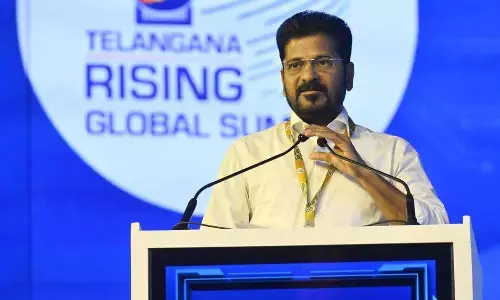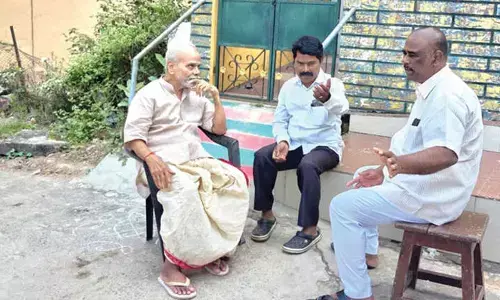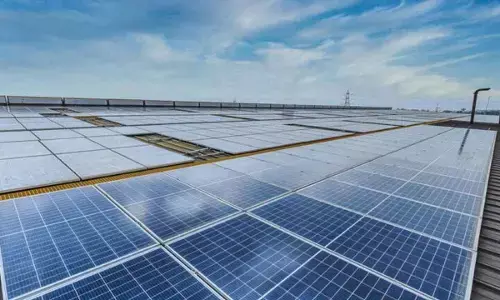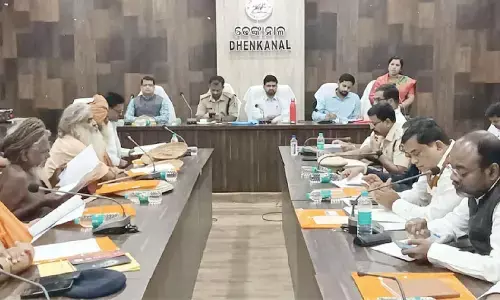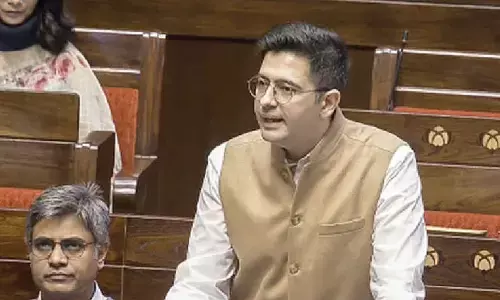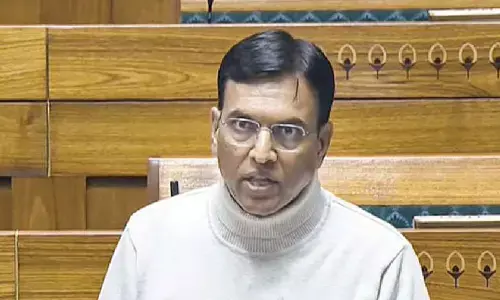Government Greenlights PM-PRANAM Scheme To Promote Sustainable Fertilizer Usage

Government Greenlights PM-PRANAM Scheme To Promote Sustainable Fertilizer Usage
- On Wednesday, the government sanctioned a new scheme called PM-PRANAM to encourage states in promoting alternative fertilizers and minimizing the usage of chemical fertilizers.
- The Cabinet Committee on Economic Affairs (CCEA), led by Prime Minister Narendra Modi, sanctioned a subsidy of Rs 1,451 crore to promote organic manure, resulting in a total package exceeding Rs 3.70 lakh crore.
The CCEA additionally made the decision to introduce sulphur-coated urea in India for the first time in order to tackle sulphur deficiency in the soil. Union Chemicals and Fertilisers Minister Mansukh Mandaviya, while briefing the media, announced that the CCEA has given its approval to a scheme called PM-PRANAM (PM Programme for Restoration, Awareness, Generation Nourishment, and Amelioration of Mother Earth).
The scheme, as announced by Finance Minister Nirmala Sitharaman in her Budget speech in February, aims to incentivize states that adopt alternative fertilizers by providing them with the subsidy saved from reducing the use of chemical fertilizers. Under this scheme, a unique package of innovative schemes for farmers with a total outlay of Rs 3,70,128.7 crore has been approved by the CCEA, according to an official statement.
The continuation of the urea subsidy scheme has also been approved by the CCEA, ensuring the availability of fertilizer to farmers at a consistent price of Rs 242/45 kg bag (excluding taxes and neem coating charges). Out of the total package, Rs 3,68,676.7 crore has been allocated for urea subsidy over a period of three years (2022-23 to 2024-25). Additionally, a nutrient-based subsidy of Rs 38,000 crore for phosphatic and potassic (P&K) fertilizers has been approved for the Kharif season of 2023-24.
Regarding sulphur-coated urea, it is highlighted that the country has been using only urea, DAP, and NPK fertilizers for the past 67 years. However, efforts to promote alternative fertilizers and establish manufacturing units have not been successful in the past. The Modi government has initiated this work. Sulphur-coated urea is more cost-effective and efficient compared to other types of urea, with a nitrogen absorption efficiency of 78 percent, whereas conventional urea has a 30 percent absorption rate.
Furthermore, the scheme includes a subsidy of Rs 1,500 per tonne to support the marketing of organic fertilizers such as Fermented Organic Manures (FOM), Liquid FOM, and Phosphate Rich Organic Manures (PROM) produced as by-products from Biogas Plants or Compressed Biogas (CBG) Plants under the GOBARdhan initiative.
The government emphasizes its pro-poor and pro-farmer stance, highlighting that Rs 6,30,890 crore has been provided in 2022-23 under various schemes, including fertiliser subsidy, PM-KISAN, Price Stabilisation Fund, procurement at Minimum Support Price (MSP), and the NRLM. This translates to an average benefit of Rs 52,574 per farmer and Rs 18,108 per acre, with a total of 12 crore farmers in the country.








